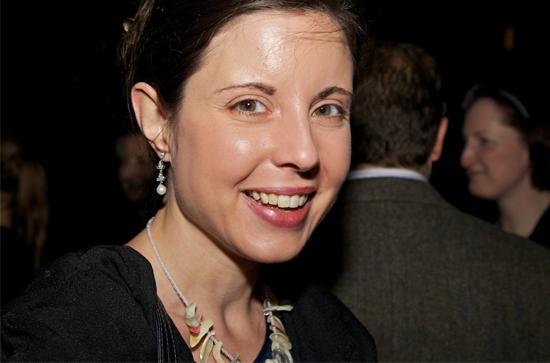
Prof Deborah Hayden
Early Irish (Sean-Ghaeilge) | Maynooth University
Deborah Hayden is Professor in Medieval Irish and Celtic Studies in the Department of Early Irish at Maynooth. Her research interests and teaching centre on medieval Irish, Latin and Welsh language, literature and textual culture, in particular the history of education and linguistic thought in classical and medieval tradition; premodern Irish medical writing and its wider European context; early Irish lexicography; Irish and Welsh legal tradition; and translation literature. She is currently Principal Investigator of the 4-year digital humanities project LEIGHEAS: Language, Education and Medical Learning in the Premodern Gaelic World, funded by a Consolidator Laureate Award from Research Ireland, and Co-Investigator of the digital humanities projects OG(H)AM: Harnessing Digital Technologies to Transform Understanding of Ogham Writing, from the 4th Century to the 21st and Ogham Palaeography+.
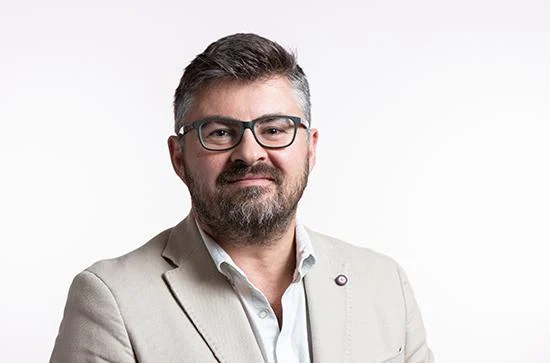
Dr Michael Potterton
History | Maynooth University
Dr Michael Potterton’s core field of research is the history and archaeology of medieval Ireland, with special reference to landscape and settlement – urban, rural and hinterlands. He has established an international reputation as an innovative researcher, a dynamic teacher and an accomplished writer and editor. He has published thirteen books (as author, co-author or co-editor), presented cutting-edge research in nine countries, received fifteen competitively awarded scholarships and grants and organised a dozen fully booked conferences. He has designed, coordinated, taught and examined over twenty different undergraduate and postgraduate courses at five universities in three countries (MU, NUIG, UCD, Sorbonne, University of Toronto). He has also given guest lectures at QUB, TCD, the University of Wales at Lampeter, Lancaster University, East Carolina University, Appalachian State University and Wellington College (UK)…

Michael Ann Bevivino
Early Irish (Sean-Ghaeilge) and History | Maynooth University
My research focuses on the replication of sculpture (especially Early Medieval high crosses) in both physical and digital form. It looks at historical efforts to replicate Irish artworks in the nineteenth and early twentieth centuries and how these became symbols of modern Irish identity, while also drawing parallels between this historic replication and modern digital technologies such as laser scanning, 3D modelling and 3D printing. I am also interested in the archaeology of Early Medieval Ireland, collections management and the history of museums, and heritage education and outreach.
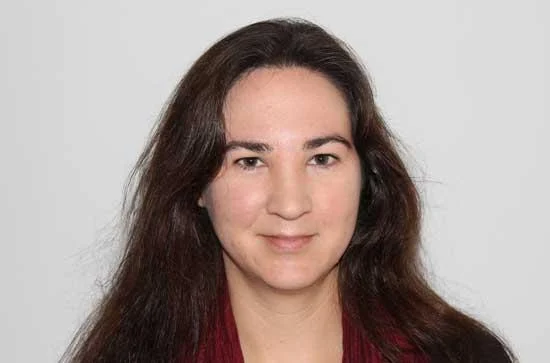
Dr Elizabeth Boyle
Early Irish (Sean-Ghaeilge) | Maynooth University
I have been a lecturer in Early Irish at Maynooth University since 2013, and served as Head of Department from 2015-2020. I am currently Visiting Senior Fellow in Humanities at the University of Suffolk, UK (2024-7), and Doohan Visiting Fellow at the University of Sydney, Australia (2025). I am currently serving as an elected member of the Governing Authority of Maynooth University, and I am an executive board member…

Prof Karen Desmond
Music | Maynooth University
Professor Karen Desmond’s research as a historical and digital musicologist delves into the aesthetics, theories, and technologies (including the technology of the book) that underpinned medieval music-making. She is currently the Principal Investigator for a 2-million-euro ERC-funded project titled BROKENSONG that examines polyphonic singing and written culture in late medieval Britain and Ireland. She is an international expert on thirteenth- and fourteenth-century music, music notation, and music theory, and welcomes enquiries from potential doctoral and postdoctoral applicants interested in working with her on medieval music topics.

Prof Michael Dunne
Philosophy | Maynooth University
I am the author or editor of ten books and over forty other substantive writings including articles, reviews and dictionary entries, with a further four books forthcoming and a number of articles accepted for publication. My work has been published in Ireland, Belgium, Canada, China, France, Italy, Netherlands, Poland, the United Kingdom, the United States of America and has been translated into Portuguese and Chinese…

Dr Chantal Kobel
Early Irish (Sean-Ghaeilge) | Maynooth University
Chantal Kobel received a degree in Early and Modern Irish and a PhD in Early Irish from Trinity College Dublin. She also completed a Masters in Archives and Records Management (UCD). She has held positions as an O’Donovan Scholar and a Bergin Fellow in the School of Celtic Studies, Dublin Institute for Advanced Studies. Her research centres on Old and Middle Irish language and literature, Irish palaeography and codicology. She has published a range of articles and book chapters in peer-reviewed journals, edited volumes and conference proceedings.
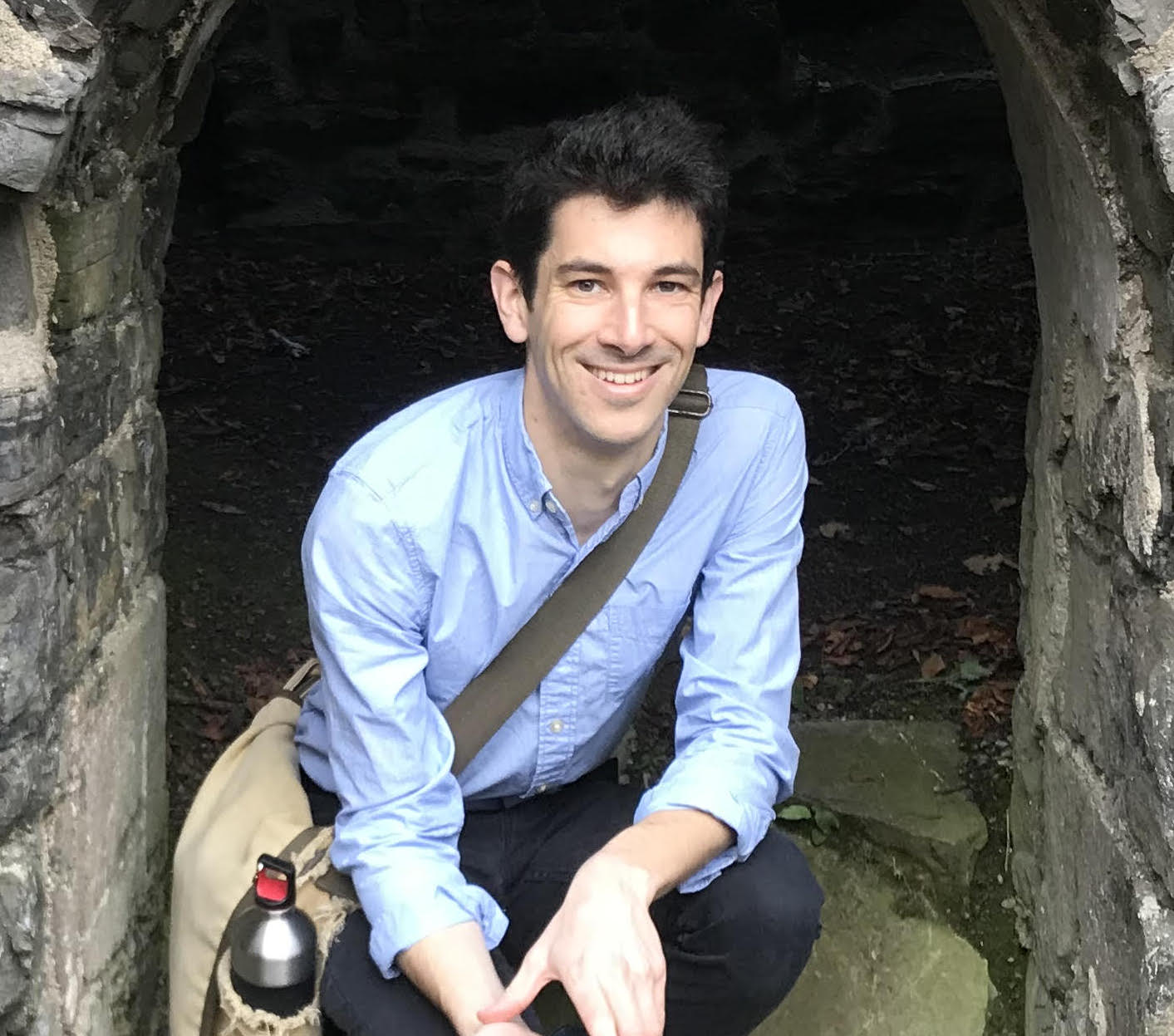
Dr Eric Nemarich
Music | Maynooth University
Dr Eric Nemarich is a postdoctoral researcher and historian at Maynooth University, where he is affiliated with the ERC-funded project BROKENSONG under the direction of Prof. Karen Desmond (Music). Eric studies the formation of professional communities in the cities of later medieval Europe and the Mediterranean. He holds a PhD in History from Harvard University, where he defended his thesis, ‘Zealots of Justice: Coercive Officials in Late Medieval Italy’, in August 2024. His work on composers of polyphony (organistae) in thirteenth-century Paris recently appeared in the journal Speculum. He also collaborates with the ‘Documentary Archaeology of Late Medieval Europe’, a project at Harvard University.
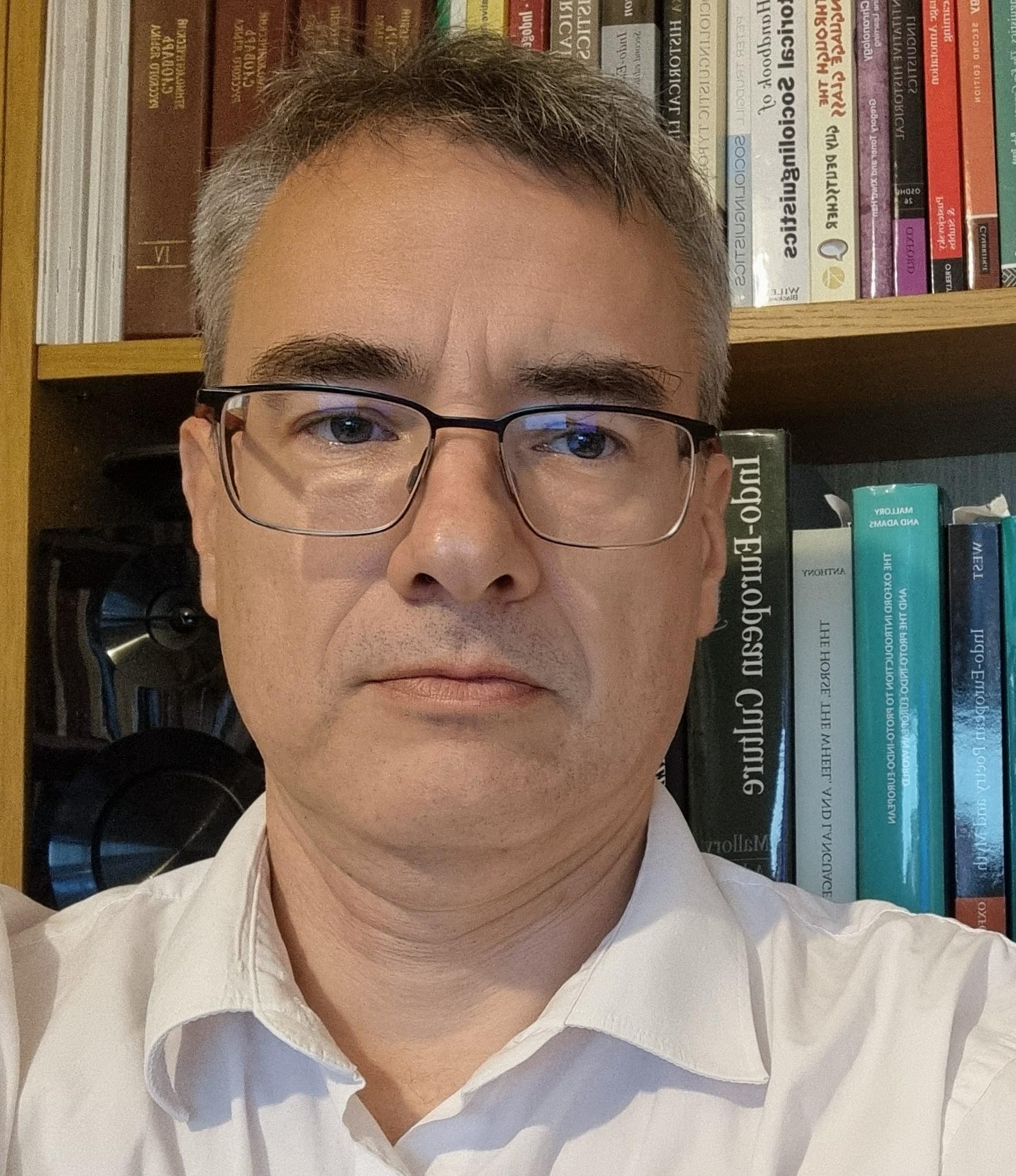
Prof David Stifter
Early Irish (Sean-Ghaeilge) | Maynooth University
My research interests lie in Old and Middle Irish language and philology and on the Continental Celtic languages (Celtiberian, Gaulish and Lepontic), in particular language variation and change in Old Irish, Early Irish literature, comparative Celtic linguistics, and the development and application of Digital Humanities resources for these languages. My handbook Sengoídelc. Old Irish for Beginners (Syracuse University Press 2006) is a popular introduction to Old Irish. My previous projects include the FWF-funded projects Milan Glosses (2006–2011) and Lexicon Leponticum (2009-2011), and the ERC Consolidator Grant project Chronologicon Hibernicum (2015–2021). I am currently PI of the Taighde Éireann – Research Ireland-funded project OG(H)AM (2021–2025) and the Advanced Laureate project DiAgnostic (2023–2027).
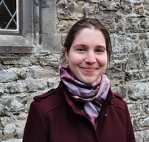
Dr Johanna-Pauline Thône
Music | Maynooth University
Johanna-Pauline Thöne is a postdoctoral researcher on the ERC Consolidator Grant Project BROKENSONG, led by Professor Karen Desmond at Maynooth University. Johanna specialises in the analysis and reconstruction of fourteenth-century polyphony and received her PhD from the University of Oslo in 2024 with a thesis entitled ‘Papal Polyphony during the Great Western Schism (1378–1417): How Music Dedicated to Popes Absorbed and Reflected a Time of Crisis’. Her broader interests include fragmentology and digital reconstructions, palaeography, repertory transmission, philology, and the cultural history of the late Middle Ages.
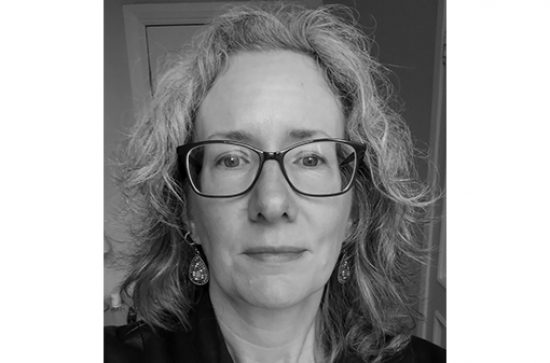
Dr Nora White
Early Irish (Sean-Ghaeilge) | Maynooth University
Nora White is Principal Investigator on the Irish Research-funded Pathway Project: EMISoS (Early Medieval Irish Scripts on Stone). Her primary research areas are early Irish epigraphy, digital epigraphy and palaeography. Early Irish epigraphy includes the earliest inscriptions (mainly on stone monuments but also some portable objects of various material types) in the Irish language, in both ogham and Latin insular scripts, from the 5th to the 12th century AD. She has increasingly been incorporating tools and methods from Digital Epigraphy and Digital Humanities generally, primarily digital encoding using XML (EpiDoc) and 3d imaging. Her research also utilises a multidisciplinary approach, which frequently involves collaboration with colleagues in related disciplines, such as archaeology.
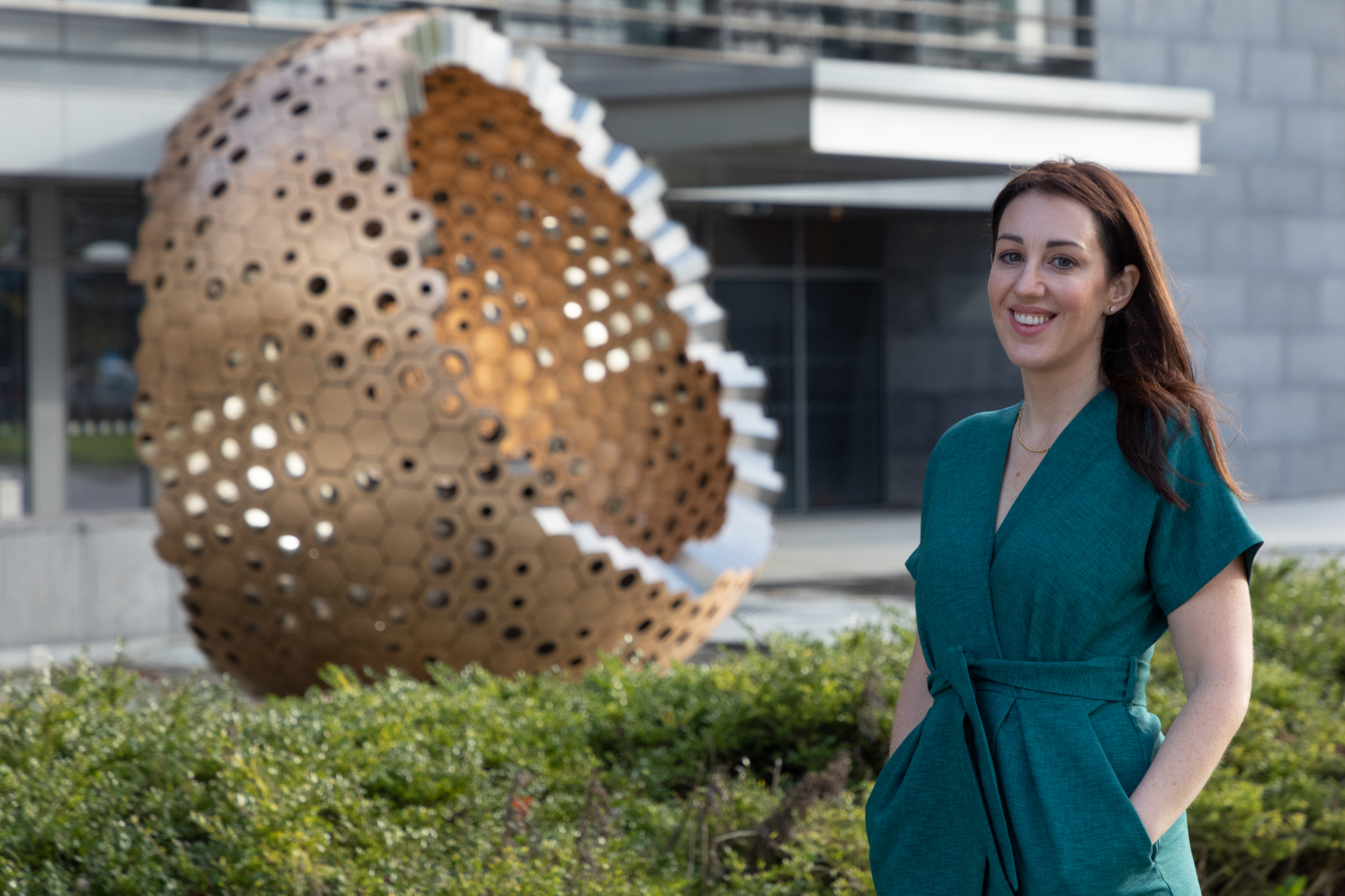
Dr Niamh Wycherley
Early Irish (Sean-Ghaeilge) | Maynooth University
My research focusses on Irish medieval ecclesiastical history from late antiquity (fifth century) until after the English conquest (twelfth century). I have previously published on the cult of relics and St Brigit. I am currently Principal Investigator of the Taighde Éireann Pathway project, ‘Power and patronage in medieval Ireland: Clonard from the sixth to twelfth centuries’. The project takes this one major centre situated in a strategic geopolitical position between the powerful dynasties of the Uí Néill in the northern half of Ireland and the Éoganacht in the south, and explores its history through lenses of political, religious and gender identity.

Dr Carla Sa Ferreira
Geography | Maynooth University
I am a palaeoecologist with a background in Archaeology. I have a keen interest in past vegetation, and landscape evolution. I am interested in perceived-marginal and upland cultural land-use, tracing the origins of present-day landscapes and defining sustainable economic practices by analysing long-term vegetation evolution. I have participated in multiple Palaeoenvironmental and Archaeological research projects in Portugal, Scotland and Ireland.
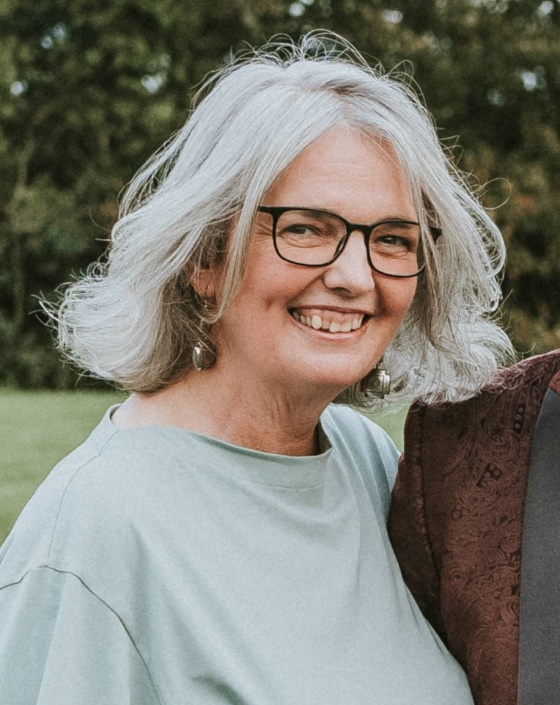
Dr Siobhán Barrett
Early Irish (Sean-Ghaeilge) | Maynooth University
I came to Maynooth as an undergraduate mature student and completed my BA in Nua-Ghaeilge and Celtic Studies in 2013. I received a Maynooth University, John and Pat Hume Award to fund my PhD A Study of the Lexicon of the Poems of Blathmac, Son of Cú Brettan. In 2014 I received Irish Research Council funding for the final 3 years of my PhD. In 2018 I was appointed Research Assistant on an Irish Research Council funded project supervised by Principal Investigator, Dr Deborah Hayden, Medieval Irish medicine in its north-western European context: a case study of two unpublished texts (MIMNEC). In 2020 I received Irish Research Council Postdoctoral funding for my project A triad of medical glossaries. In November 2022 I began working as Postdoctoral Researcher on the project LEIGHEAS: Language, Education and Medical Learning in the Premodern Gaelic World, along with Principal Investigator, Dr Deborah Hayden.
Doctoral Researchers
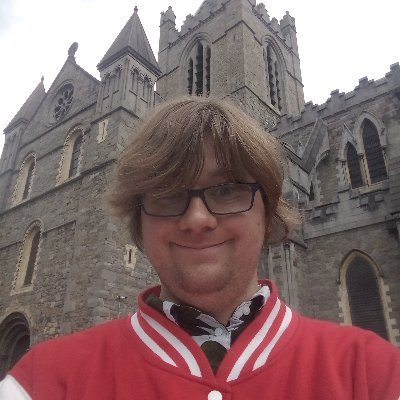
Dylan Bailey
Early Irish (Sean-Ghaeilge) | Maynooth University
I have diverse research interests, but am currently focused on the literary depictions of, and social attitudes towards, liminal and marginalised groups in medieval texts. I also consider to what extent one can apply modern social theories to the content of medieval sources. I work especially with the corpus from medieval Ireland.
I read History at undergraduate level at the University of East Anglia, and then carried out a taught master’s degree in Ancient Cultures at the University of Glasgow. My master’s dissertation compared the depiction of heroic physicality in the medieval Irish Finn Cycle to Homer’s Iliad.
My Research Ireland-funded PhD thesis focuses on the depictions of physical disability and impairment in the early Irish learned literature. It intends to be one of the first in-depth studies of the portrayal of physical disability and impairment within the medieval Irish material. I hope it will contribute to bringing the perspective of Disability Studies into the historical narratives of medieval Ireland, whilst also promoting the inclusion of Irish sources within wider Medieval Studies.
This PhD project forms part of the Language, Education and Medical Learning in the Premodern Gaelic World (LEIGHEAS) project at Maynooth University, led by my supervisor Deborah Hayden.

Benedetta D’Antuono
Early Irish (Sean-Ghaeilge) | Maynooth University
My PhD research applies Descriptive Translation Studies to analyse the Early Modern Irish adaptations of the Middle English romances Guy of Warwick, Bevis of Hampton, and Recuyell of the Historyes of Troye, exclusively preserved in TCD MS 1298 and translated by the prolific scribe Uilliam Mac an Leagha. As an affiliate of the LEIGHEAS project, I also engage with late-medieval Irish medical translations. My research interests draw on my academic background in the Celtic, Romance, and Germanic traditions and include literary and non-literary translations, literary history, historical linguistics, manuscript studies, and digital humanities, specifically digital editions and transcriptions.

Mairéad Finnegan
Early Irish (Sean-Ghaeilge) and History | Maynooth University
My research focuses on the impact of dress, clothing and accessories in late medieval Ireland (c.1100–1550). This is based on a multidisciplinary approach that takes archaeological, historical and literary sources into account. By undertaking this research, I hope to delve into how dress could reinforce or subvert ideas of identity, including ethnicity, status and gender. This aligns with my broader research interests which encompass material culture, identity and cross-cultural contacts between Ireland and Europe in the medieval world.
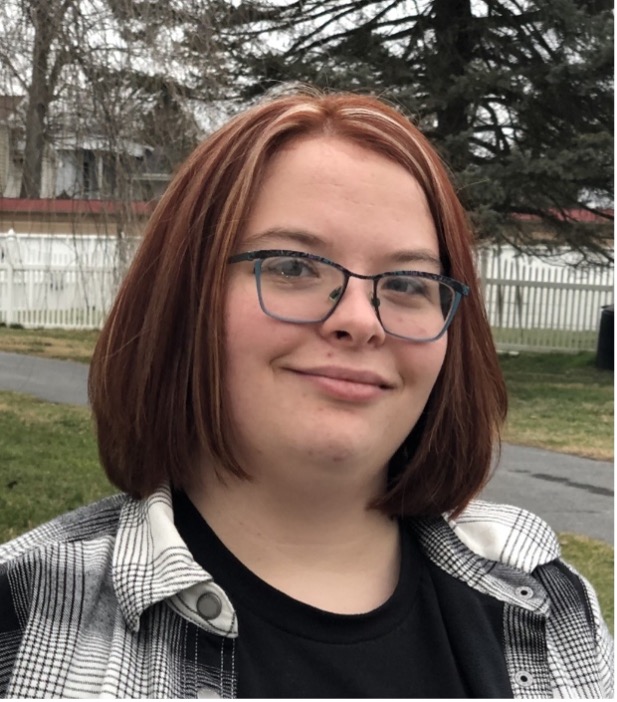
Lydia Hursh
Early Irish (Sean-Ghaeilge) | Maynooth University
My research is an expansion of my master’s degree dissertation, from a case study of three tales into a comprehensive study of the genre of Early Irish tochmarca or “Wooing” literature. I am analysing these tales for gendered patterns of politeness usage, with politeness ascribed a concrete real number value. Speech is analysed using a series of conditions which either adds or subtracts a pre-determined point value from the total politeness score. Using this formula and the generated total politeness score, the gendered politeness average of a tale will be determined and can then be compared to other tales both broadly by gender or circumstance, or narrowly by individual characters.
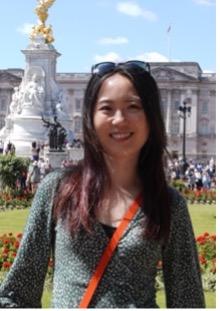
Seungyeon Lee
Early Irish (Sean-Ghaeilge) | Maynooth University
My research compares medieval Irish and Korean literature from a gender studies perspective. I investigate how institutions and religions impacted human gender and sexuality in medieval times by analysing and comparing medieval literature from both cultures, such as religious disciplinary texts and law texts. Furthermore, my study eventually explores how this phenomenon is pertinent to today’s world and overcomes geographical and cultural limitations in medieval studies.

Paul Le Meur-Bouthemy
Early Irish (Sean-Ghaeilge) | Maynooth University
I am currently working as a PhD student on the historical linguistics of Old Irish as part of the DiAgnostic (Tracing diatopic variation in a corpus of Old Irish) project helmed by Pr. David Stifter. The aim of the PhD is to design a model which could help us better assess and evaluate linguistic variations in Old Irish, namely by reviewing evaluation methodologies applied for other languages, historical and modern, Indo-European and beyond. Then, I will try-out this model on a selection of Old Irish texts or on (a) specific variation pattern(s).

Cassandra Pruetz
Early Irish (Sean-Ghaeilge) | Maynooth University
As a PhD researcher, my current research is under the Early Medieval Irish Scripts on Stone (EMISoS) project, funded by Research Ireland. For my part of this project, I am delineating the progress of the Insular script, including the relationship between the script on stone and that in early manuscripts; investigating textual references to crafters in medieval Irish texts, including law-texts, Canon Law, and saints’ lives; and examining similar work from related fields, like Old English and art history. My past research includes late medieval Irish law texts, Middle Irish poetry, medieval Catholic theology, and medieval art history

Inês Nunes Trindade
Music | Maynooth University
Inês Nunes Trindade is a PhD student at Maynooth University, as part of Prof. Karen Desmond’s ERC-funded project BROKENSONG. Her PhD Dissertation focuses in the unique Worcester Service Book from the 13th century. Inês specialises in Plainchant and Liturgical manuscripts with particular interest in the transmission of melodies, liturgical texts and musical notation, as well as the production of Medieval books.
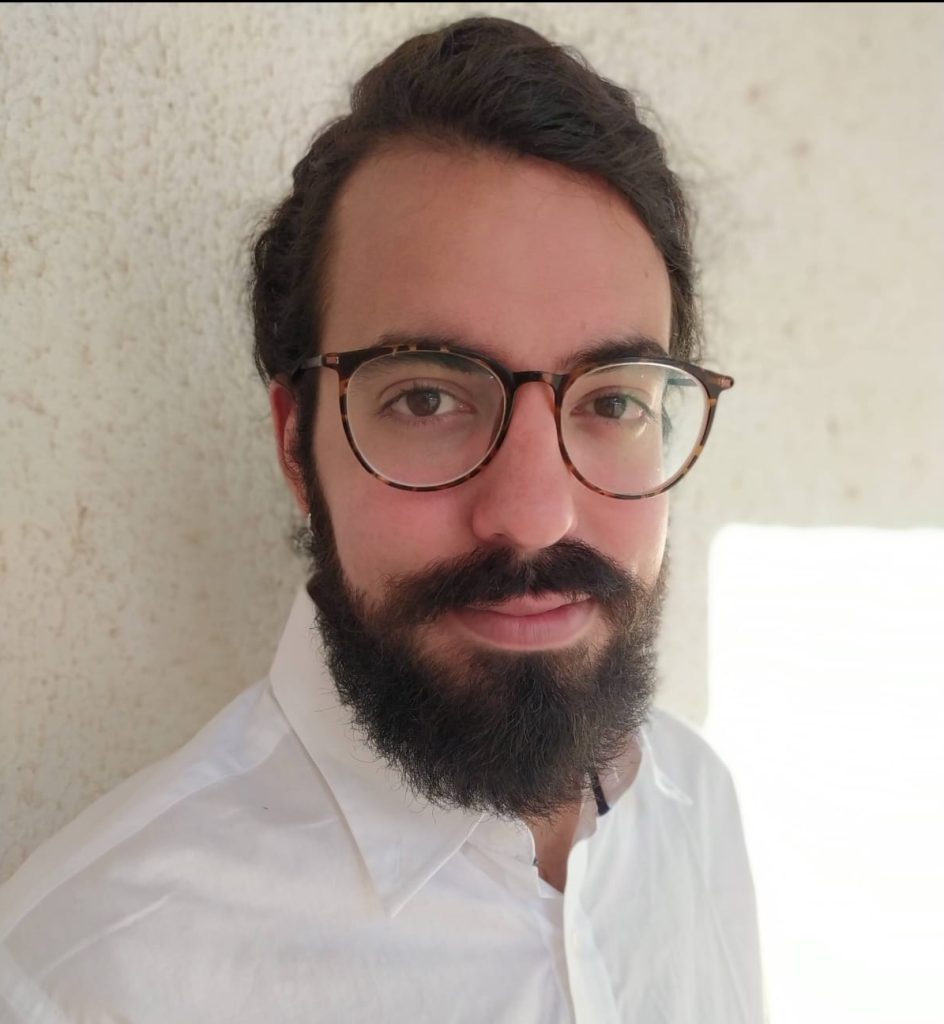
Tiago Veloso Silva
Early Irish (Sean-Ghaeilge) | Maynooth University
My research aims to understand how women exercised power and authority in medieval Ireland by operating socio-cultural and political networks of patronage. This investigation is framed around noblewomen and religious women of the 12th century due to its intense and transformative character, but it allows certain chronological flexibility in order to understand the development of the concept and exercise of female power. To fill this epistemological lacuna, I employ an interdisciplinary approach anchored in a wide array of sources such as the corpus of secular genealogies, the Banshenchas and annalistic evidence.
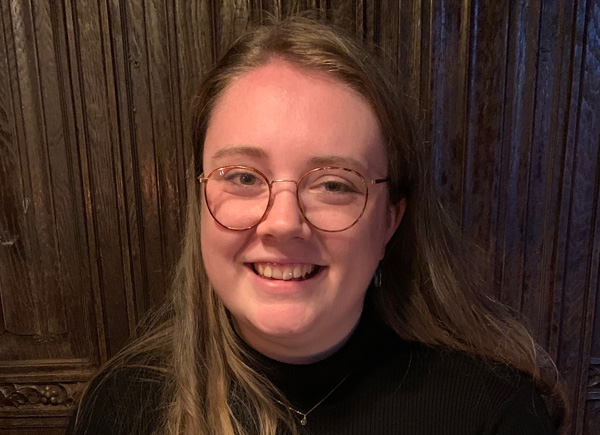
Dr Hannah MacAuliffe
Early Irish (Sean-Ghaeilge) and History | Maynooth University
Dr Hannah Mac Auliffe is a postdoctoral researcher in Maynooth University, where she is working with Dr Niamh Wycherley on her Research Ireland Pathway project, ‘Power and patronage in medieval Ireland: Clonard from the sixth to twelfth centuries’. Her research interests include kingship, dynastic politics, and succession practices in early medieval Ireland, and she is particularly interested in the ways in which power was established, manipulated, and maintained in this period. She holds a PhD in history from Trinity College Dublin, where she completed her thesis, ‘Peace-making and propaganda: an examination of alternate succession as a means of justification and consolidation of power in early medieval Ireland, c. 500-1000’, under the supervision of Professor Seán Duffy.


